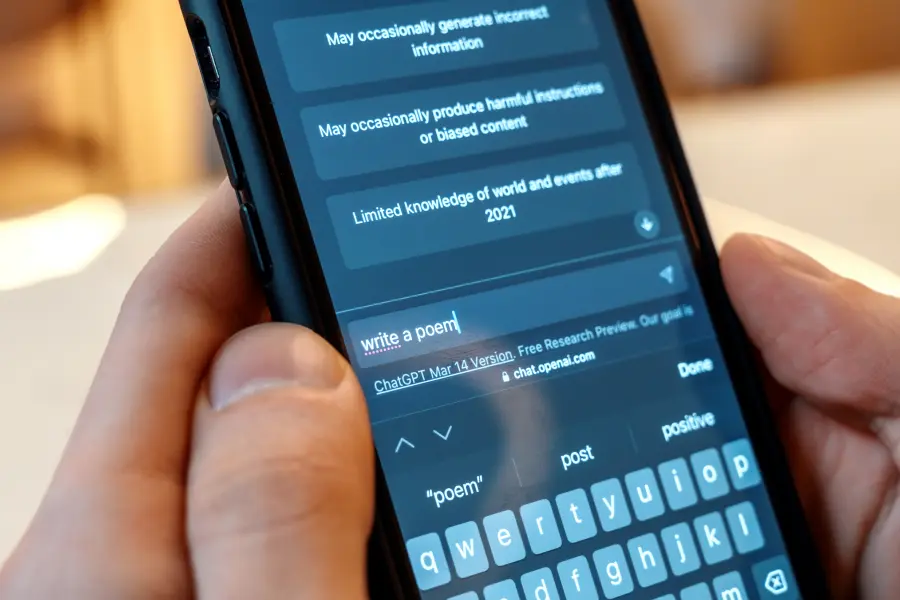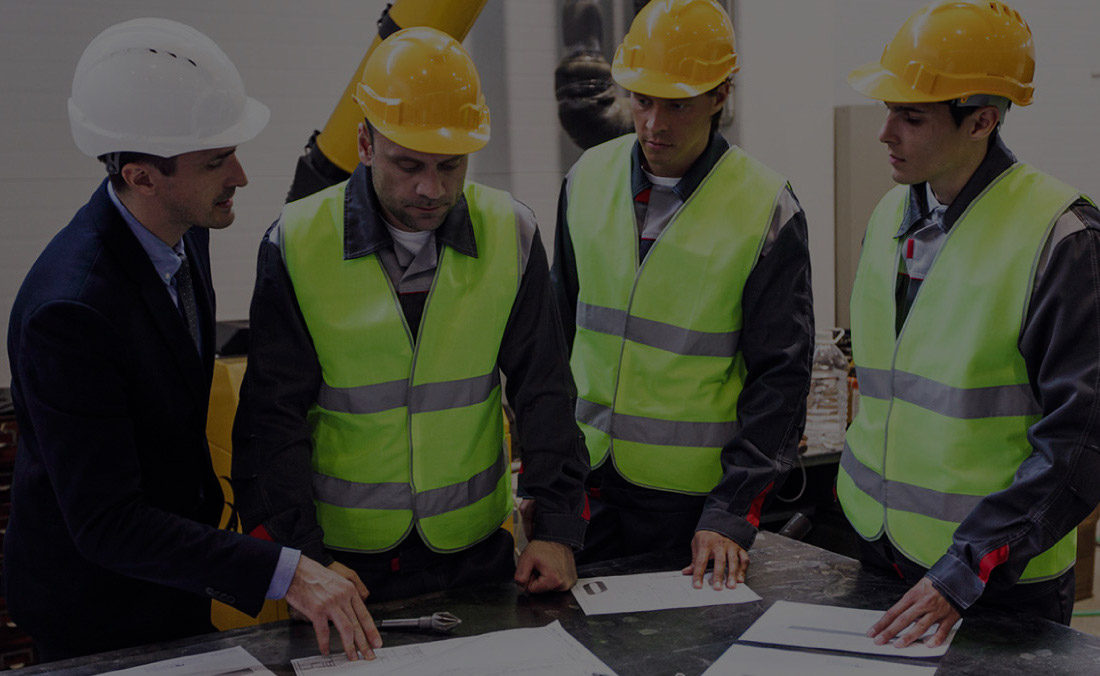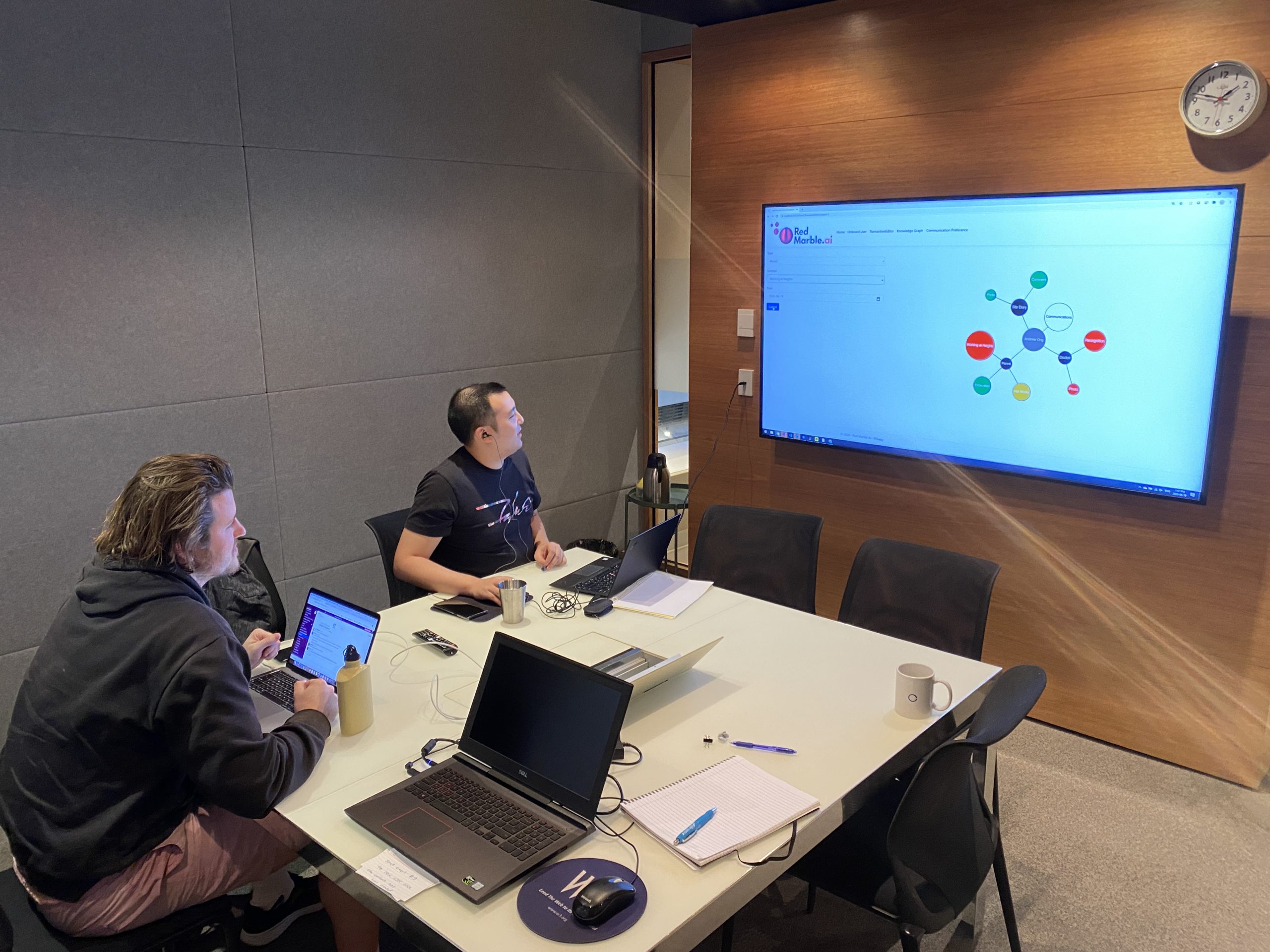
At Red Marble, we often explore what we can learn from other projects and other experts in our field. We also apply this at an industry level – what can one industry learn from another.
We work a lot in the construction sector, using artificial intelligence to make commercial construction projects more profitable. Given continually tight margins in that sector, what can we learn from other industries and other companies to help improve these?
For answers, we look to one of the world’s biggest successes, which is likely already part of your daily life. You may receive a package in the mail from Amazon.com, subscribe to Amazon Prime to watch a favourite TV series or download a book on your Kindle. You may also use Amazon Web Services as part of your business.
But Amazon is not just convenient, it is one of the most influential companies in the world valued at over US$1.4 trillion.
It dominates in every business it operates in; last year alone it shipped more than 2 billion packages around the world.
It is a true leader.
By contrast, commercial construction is at the start of its journey of transformation through technology. With lengthy and large projects, many different stakeholders, huge project teams, complex supply chains and tight margins, there is a lot it can learn from the tech giant.
The Bezos Mandate
First let’s take a minute to look at the Bezos Mandate, a now famous email that Amazon founder Jeff Bezos sent to the company’s development teams when the retailer had hit a wall in 2002.
In simple terms the email outlined a new, mandatory way of working, where all technical systems would communicate with each other via defined interfaces. This meant that data could be shared across all parts of Amazon in a consistent way.
Anyone who didn’t follow the mandate, would be fired.
This approach set up the company to have a deep understanding of each and every customer, enabling them to launch new and innovative products which both used that data, and enhanced the data further to help other parts of the business.
The construction industry is on the precipice of this revolution.
Data is abundant on work sites, but manual, paper based systems, information silos and slow adoption of technology is holding back progress.
So how can a construction firm think like Amazon, and learn from one of the fastest growing companies in the world?
And how would a new way of thinking transform the way the construction industry works?
1. Treat Data As an Asset
The crux of the Bezos Mandate was to treat data as a long-term asset.
In construction, data is entered into and stored in multiple different systems. Information is often shared between the site, managers and head office using reports and spreadsheets, taking effort to create and losing opportunities to optimise which across many projects can cost millions of dollars in lost productivity.
Imagine if Amazon took over a construction site. It’s natural obsession with data would quickly emerge.
It would mandate the way that data is used on its projects, how data from 3rd party systems is leveraged and aggregated and who has access to the data to make informed decisions.
All internal and external systems would communicate in standard ways via APIs with data stored in a common platform and a consistent way. Artificial Intelligence would be used to convert this data into predictions, insights and choices to increase productivity on worksites.
A data centric construction firm would be better at estimating jobs, win more bids, manage their risks better and ultimately deliver projects with higher margins.
2. Complete customer focus
Along with data, Amazon is also obsessed with its customers. It is so good at what it does and uses data to know its customer so completely, it has re-defined most user’s expectations. Coupled with its unparalleled data capability, this gives Amazon an incredible insight into its customer behaviour, needs and preferences.
Construction’s equivalent of the customer might be the work package. Amazon might identify the few hundred standard work packages that most projects consist of, and religiously collect and optimise data across each of them. Their knowledge of the estimates and metrics for each would continually improve leading to clearer estimates, better management of risks, more effective safety controls, and improvements across the supply chain.
3. Embrace a consistent operating model
Consistency is extremely important to the Amazon model.
Again, if we were to imagine Amazon taking over construction, one of the first changes would be to ensure consistent operating procedures across every project. Today in construction, joint ventures, or partnerships using different systems, different technology and different management styles, there is no consistent approach to completion of every work task
The key learning here would be to take a company and project wide approach, implementing a playbook to get consistency in the technology and the methods used across all projects.
4. Leveraging the Network Effect
In companies like Amazon, as you add more customers, you get more data and more information which allows you to provide a better overall service – this is called the Network Effect.
A construction company that leverages data, religiously collects data about each work package and executes consistent project operating models and processes will be able to optimise those processes, improve the productivity and profitability and reduce risk and re-work.
The future of construction
Amazon started collecting its data 20 years ago, and in that time, it’s growth has exploded across multiple industries.
Construction is an industry about to undergo rapid digital change.
The companies which are beginning to collect their data and embrace consistent operating models, like Amazon, will not just be at the forefront, but will exponentially improve ahead of competitors.
Perhaps 20 years from now, we will look back and see the split between these technology-fuelled giants of the new construction industry, and the pen and paper models that have been relegated to history.
Thanks for checking out our business articles.
If you want to learn more, feel free to reach out to Red Marble AI.
You can click on the "Let's Talk" button on our website or email Dave, our AI expert at d.timm@redmarble.ai.We appreciate your interest and look forward to sharing more with you!





























